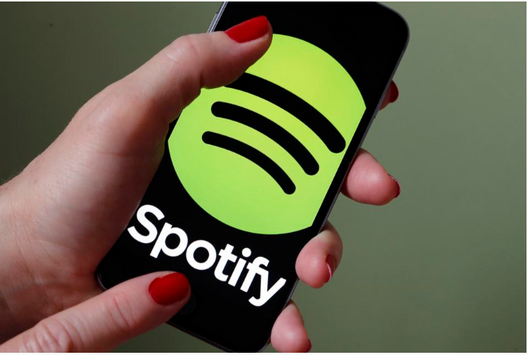Alerts

The Spotify boycott has exploded across social media, and it’s not just about music royalties. While Spotify claims to have paid over $10 billion to artists, critics argue the platform underpays compared to Apple Music, YouTube, and others. But the real controversy came after CEO Daniel Ek’s $693 million investment in defense tech startup Helsing, sparking debates about ethics, war technology, and profit motives.
Public backlash intensified when reports revealed Spotify hosted recruitment ads for U.S. Immigration and Customs Enforcement (ICE) — an agency criticized for its aggressive enforcement tactics. Many users saw this as a breach of trust, prompting subscription cancellations. The Spotify boycott movement mirrors a broader trend: consumers demanding that brands align with their values and act responsibly in social and political matters.
From Target’s DEI backlash to past movements like the Montgomery Bus Boycott, history shows that consumer action drives change. The Spotify boycott underscores how digital activism and value-based spending can pressure corporations to be more accountable. In a time of economic uncertainty — job cuts, high living costs, and reduced federal aid — people are rethinking where their money goes. Supporting ethical brands isn’t just moral; it’s practical.
Why are people boycotting Spotify?
Users are protesting low artist payouts, ICE recruitment ads, and the CEO’s defense tech investments.
Does boycotting Spotify make a difference?
Yes. Public pressure influences corporate behavior, as seen in past boycotts that led to major policy or leadership changes.
What are alternatives to Spotify?
Platforms like Apple Music, Tidal, and Deezer offer competitive pay models and ad-free listening experiences.
Bottom line: The Spotify boycott isn’t just a protest — it’s a wake-up call. Consumers now hold the power, and companies that ignore ethical accountability risk losing more than just subscribers — they lose trust.
𝗦𝗲𝗺𝗮𝘀𝗼𝗰𝗶𝗮𝗹 𝗶𝘀 𝘄𝗵𝗲𝗿𝗲 𝗿𝗲𝗮𝗹 𝗽𝗲𝗼𝗽𝗹𝗲 𝗰𝗼𝗻𝗻𝗲𝗰𝘁, 𝗴𝗿𝗼𝘄, 𝗮𝗻𝗱 𝗯𝗲𝗹𝗼𝗻𝗴. We’re more than just a social platform — from jobs and blogs to events and daily chats, we bring people and ideas together in one simple, meaningful space.
Comments